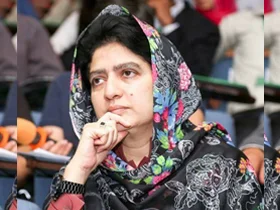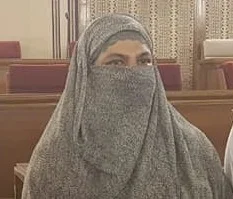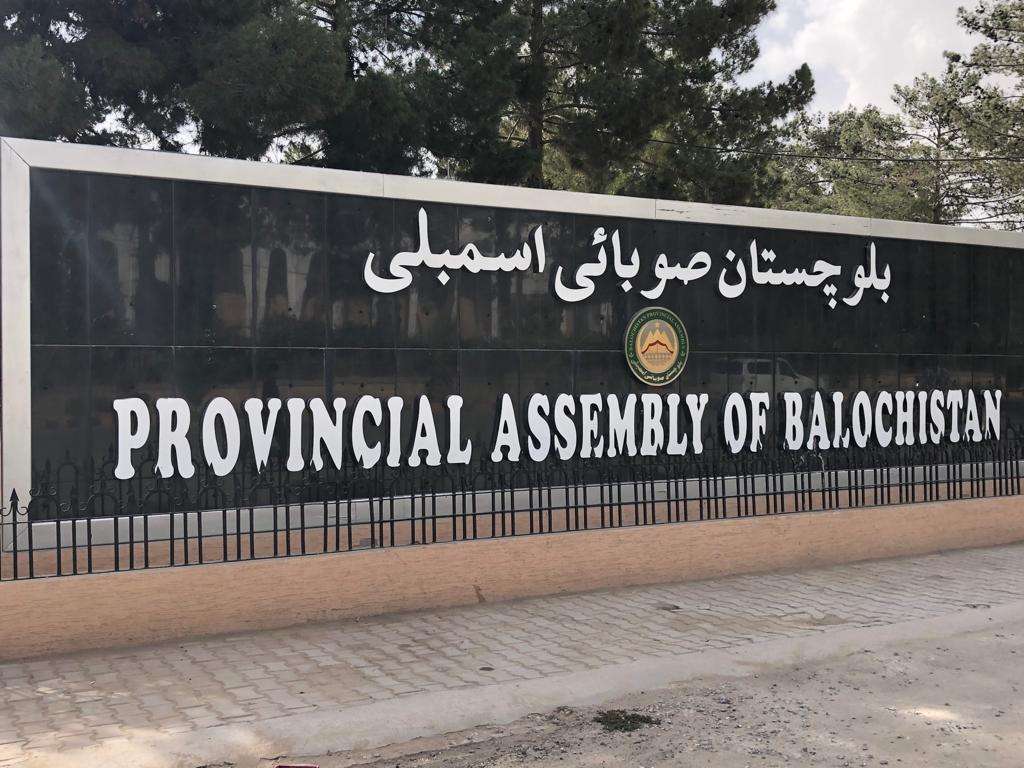Women and Minorities Representation in NA and PA
In a significant step towards inclusivity, Balochistan’s political landscape welcomes new members to reserve seats for women and minorities in both the National and Provincial Assemblies.
This article details the breakdown of representation from the region.
National Assembly Representation
Four seats in the National Assembly are designated for women from Balochistan. Two members from Pakistan Muslim League-Nawaz (PML-N), Kiran Haider and Akhtar Bibi, will take oath alongside Azbal Zehri from Pakistan Peoples Party (PPP) and Alia Kamran from Jamiat Ulema-e-Islam (JUI).
Provincial Assembly Composition
The Balochistan Assembly reflects a diverse political landscape with 11 women and 3 minority members taking oath. Three seats each are secured by PPP and PML-N, followed by 2 seats for JUI. Additionally, Balochistan Awami Party (BAP), Awami National Party (ANP), and National Party each secure one seat.
Experienced and New Faces:
Notable returning members include
Rahila Hameed Durrani (PML-N) entering her fourth term 
and Dr. Rubaba Bilidi (PPP) taking oath for the second time.

Newcomers like Hadiya Nawaz (PML-N) join the assembly, bringing fresh perspectives.
Diverse Voices from Women:
The assembly welcomes Ghazala Gola (PPP) for her second term, while Shahnaz Imrani and Meena Majeed embark on their first terms. JUI’s Shahida Rauf and Safia Khatun contribute alongside Farah Azim Shah (BAP), entering her second term. Further enriching the assembly are Umm Kulsoom (National Party) and Salma BBANP.
Representation for Minority Community
Underscoring the commitment to inclusivity, the minority community finds representation with Sanjay Kumar (PPP), Patrick Sant Masih (PML-N), and Ravi Pahuja (JUI) securing seats in the assembly.
CONCLUSION:-
This increased representation of women and minorities marks a significant step towards a more diverse and inclusive political landscape in Balochistan.
As these new members take the oath, the region embarks on a promising journey toward equitable representation and inclusive governance.
FAQs:-
Q1. What percentage of seats in the National and Provincial Assemblies are reserved for women and minorities?
Balochistan Assembly now reflects a more diverse composition, with 11 out of 65 seats reserved for women and 3 out of 65 seats designated for minorities.”
Q2. Does this mark a significant increase in female and minority representation in Balochistan’s assemblies?
yes, this represents a significant increase in female and minority representation.
Q3. What are the potential challenges these newly sworn members might face?
Potential challenges be navigating a male-dominated political sphere, advocating for specific community needs, or overcoming cultural barriers.
Q4. What are the hopes for the future of Balochistan’s political landscape with this increased diversity?
There are lot of hope for the future such as Possibilities like improved legislation addressing diverse needs, fostering a more inclusive political culture, or inspiring future generations to participate in governance.


